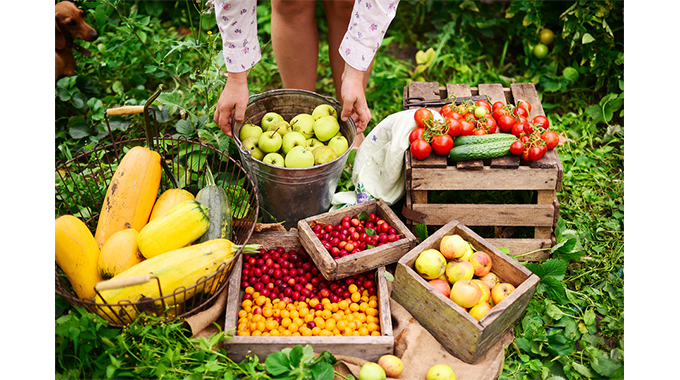Africa spends billions on food imports

WINDHOEK — The demand for food in Africa is growing, with statistics showing current output is 20 percent below requirements.
This saw the continent spending US$80 billion on food imports last year, and that figure is rising at a rate of about six percent per annum, according to African Union Commissioner for Agriculture, Rural Development, Blue Economy and Sustainable Environment, Ambassador Josefa Sacko.
This is despite the continent having immense acreage of under-used arable land.
Ambassador Sacko was speaking at the launch of the framework to boost intra-African trade in agricultural products and services last week, a forum organised by the African Union and the United Nations Food and Agriculture Fund (FAO).
She said the continent needed structural transformation that would shift from production systems focused on subsistence agriculture to integrated market-led systems that took advantage of initiatives such as the Africa Continental Free-Trade Area.
Ambassador Sacko added that any agricultural production system should prioritise vulnerable segments as small farmers and rural women. Further, there was a need to link farmers to regional and global value chains.
“By the year 2025, we aim to treble the intra-African trade in agricultural products and services, to create and improve policies and institutional conditions and food support systems.
“The aim is to simplify and formalise current commercial practices, as well as, accelerating the establishment of the African Continental Free Trade Area (AfCFTA) and the transition to a Common Continental External Tariff Scheme,” she said.
Ambassador Sacko said market access remained a key challenge for both intra and extra-African trade.
“Africa’s trade is carried out largely by informal traders, which is a sign of institutional failure and is a testament to the fact that there is a shortage of trade-related capacities in Africa,” she said.
The AU believes that high population growth, rapid urbanisation and rising incomes will provide an opportunity not only to increase trade in food and non-food agricultural products and services, but also to enhance food security across Africa. — Southern Times











Comments